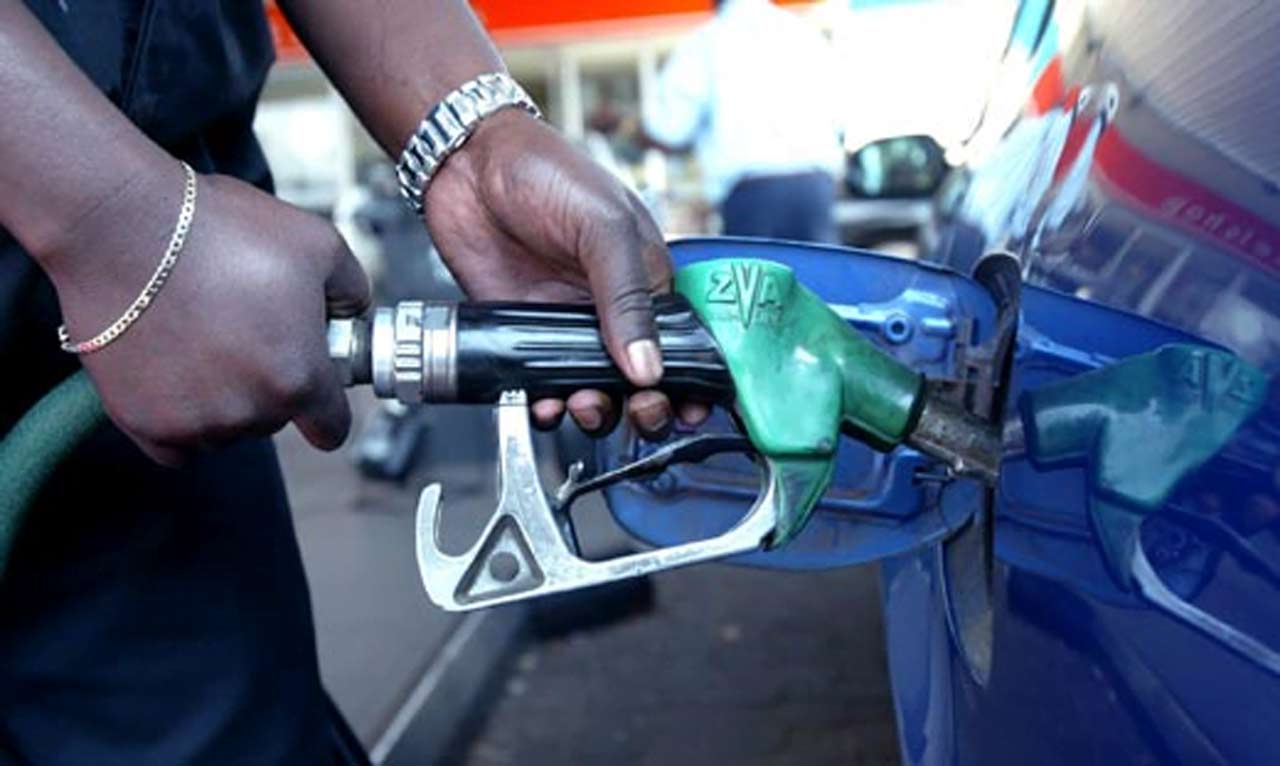Few minutes after taking the oath of office, President Bola Tinubu declared the removal of subsidy on Premium Motor Spirit (also known as petrol).
The rise in the price consequently did not only discomfit the lives of working class citizens, but worsened the state of students, who have to depend on daily transportation to school. It made life more difficult, as most of the students depended on their parents for monetary aid, while the parents are grappling with the situation to source for daily livelihood. How can such parents procure money for their children? It’s like standing before a dry cistern, and waiting for water to fill up, miraculously. But it’s impossible. Do you know how many parents are planning to withdraw their children from schools? It’s not all out for now. But it will soon be in the open known. The dramatic, large scale withdrawing of students from school. How disastrous! At a time that Nigerians hope for change and a better life, they are confronted by a barrage of policies though some may ceremonially sound good.
Yes, subsidy removal is good and quintessence in treating the economy of Nigeria and reducing incurable debts that deprived the Giant of Africa from growing. But if in the process of treating a wound, one opens another, it doesn’t suffice. It’s more like jumping from frying pan to fire. We are changing anything. The president said the loans, borrowed in paying the subsidy, would be used to refurbish one of the four unworkable refineries. His plan is good, but does he think of the sultry coals we are passing on as students? We hardly live the way we do before.
Just like the naira redesign, the subsidy removal is a good policy that was poorly executed without adequate planning, negotiations and structures in place. It was actually inconsiderate (as many scholars argued) for the president, on his swearing in, to have made such conclusion without opening the floors for consultations and opinions. There were no talks or sensitization on how this policy will affect the populace, and how best to navigate through it, and revamp the economy with speed.
Fuel Subsidy: Be Patient With Tinubu, cleric tells Nigerians
Tinubu pledges support for census
This is his first month in office and the issue of increase in the cost per litre of petrol is already generating threats. In Olabisi Onabanjo University, Ogun State, for example, transport fare used to be N300 for students in Ago Iwoye, while those in Ijebu Ode and Oru spent less than N500. But as the petroleum price skyrocketed, it’s now N500 for Ago Iwoye students, totaling N2,500 weekly, while for Oru and Ijebu Ode it is N1,000, totaling N5,000 weekly. How will students with struggling parents or relatives survive this? Some of them have resorted to trekking kilometres to the school.
Also, the increase has affected the mood of operation in some schools. There are schools now, that have stopped night study because there’s no money to fuel the generator. If this should persist, there’s no doubt that Nigeria will soon produce quack graduates in the field of science and technology.
The government should treat this inflated price with exigency and proffer solutions, rather than procuring palliatives or insisting on the student loan, that’s still at its embryo stage.
Government should focus on treating the wound rather than inflaming it.
Olayioye Paul Bamidele is a student of Mass Communication, Olabisi Onabanjo University, Ago Iwoye, Ogun State

 Join Daily Trust WhatsApp Community For Quick Access To News and Happenings Around You.
Join Daily Trust WhatsApp Community For Quick Access To News and Happenings Around You.

